Prep
Week 2, Term 3

Prep
Week 2, Term 3
INFORMATION
🌈 100 Days Brighter - Celebration Day next Monday!
Keep an eye out for the email coming this week with details about 'what to bring' for lunch.
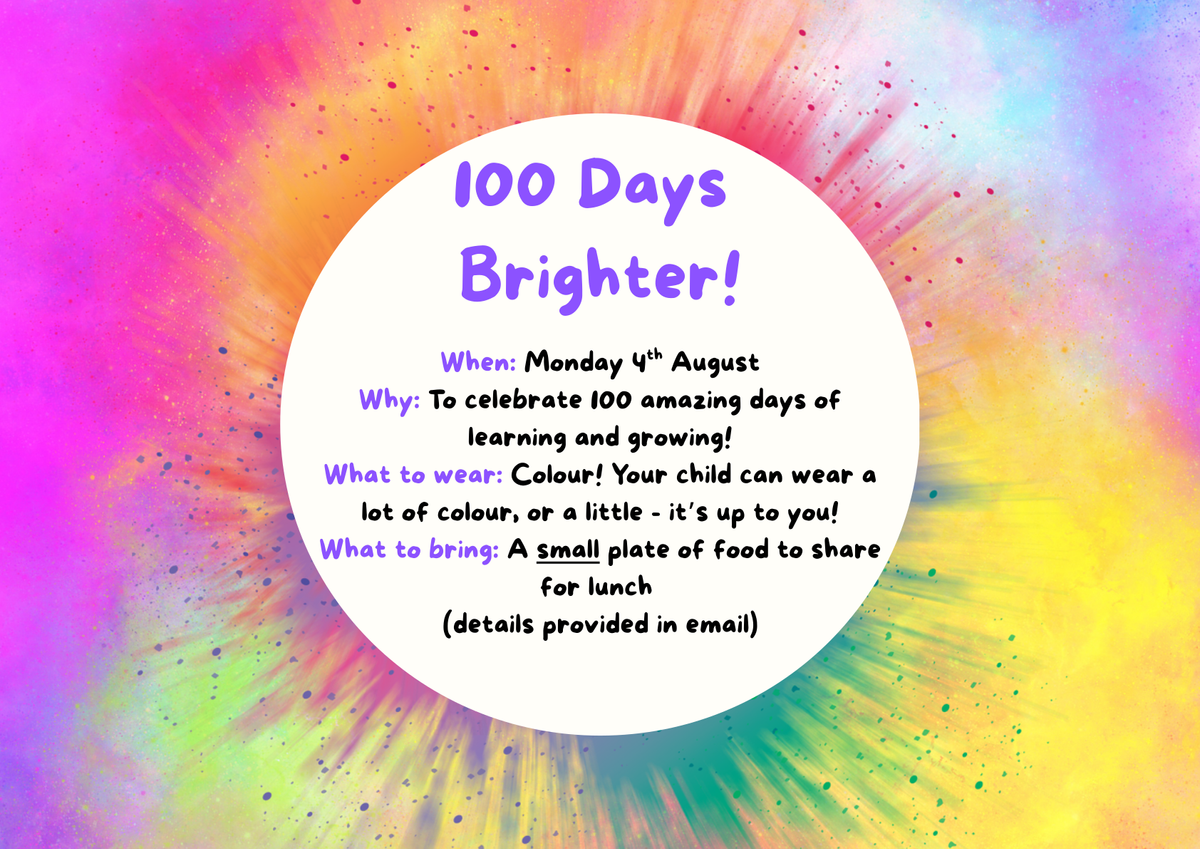

🎨 Specialist timetable - updated for Term 3
**Please note - Prep A and Prep C have new library days
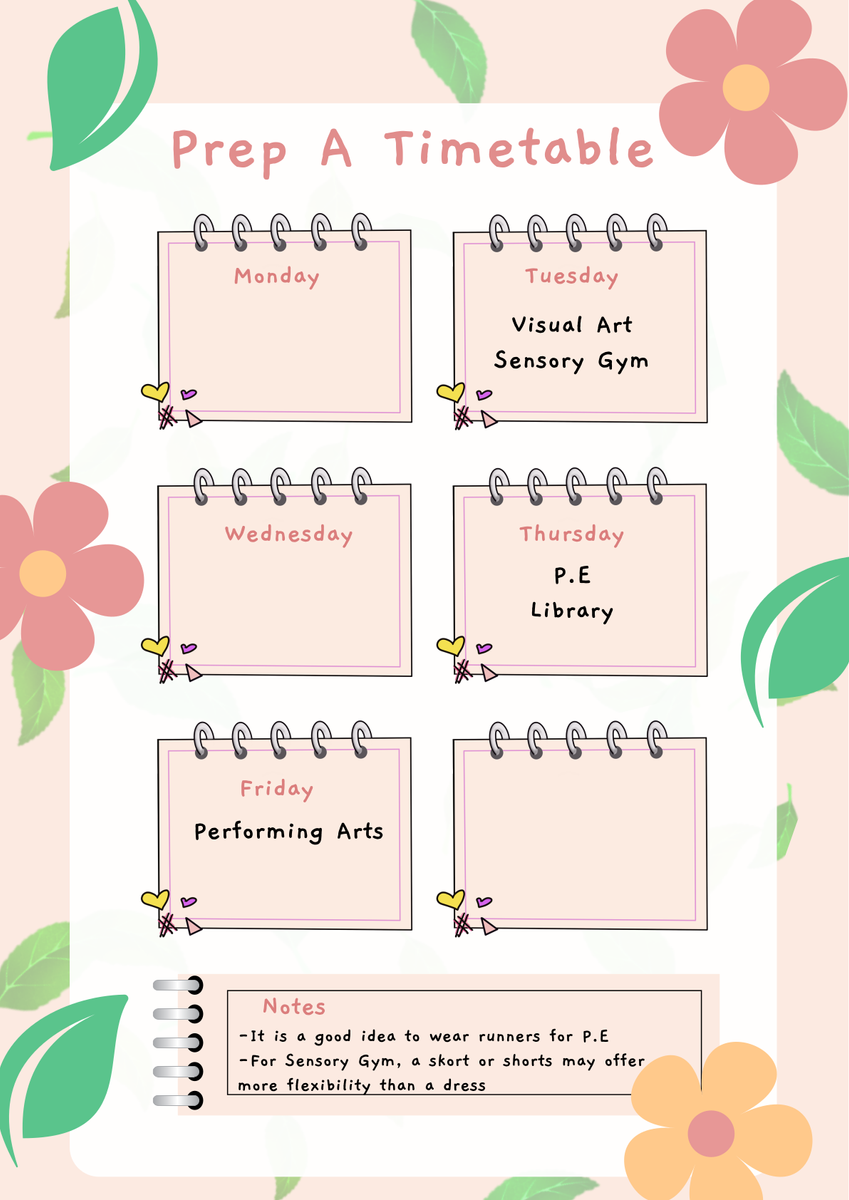
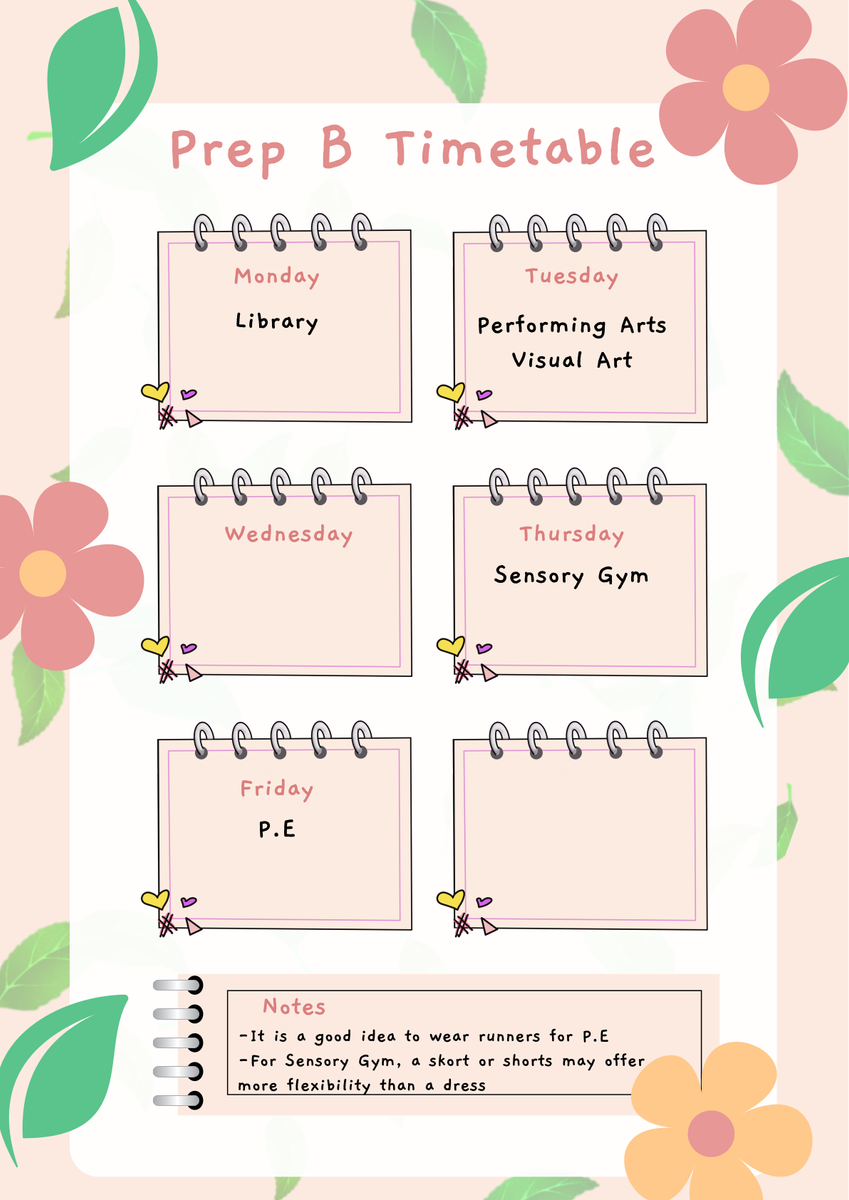
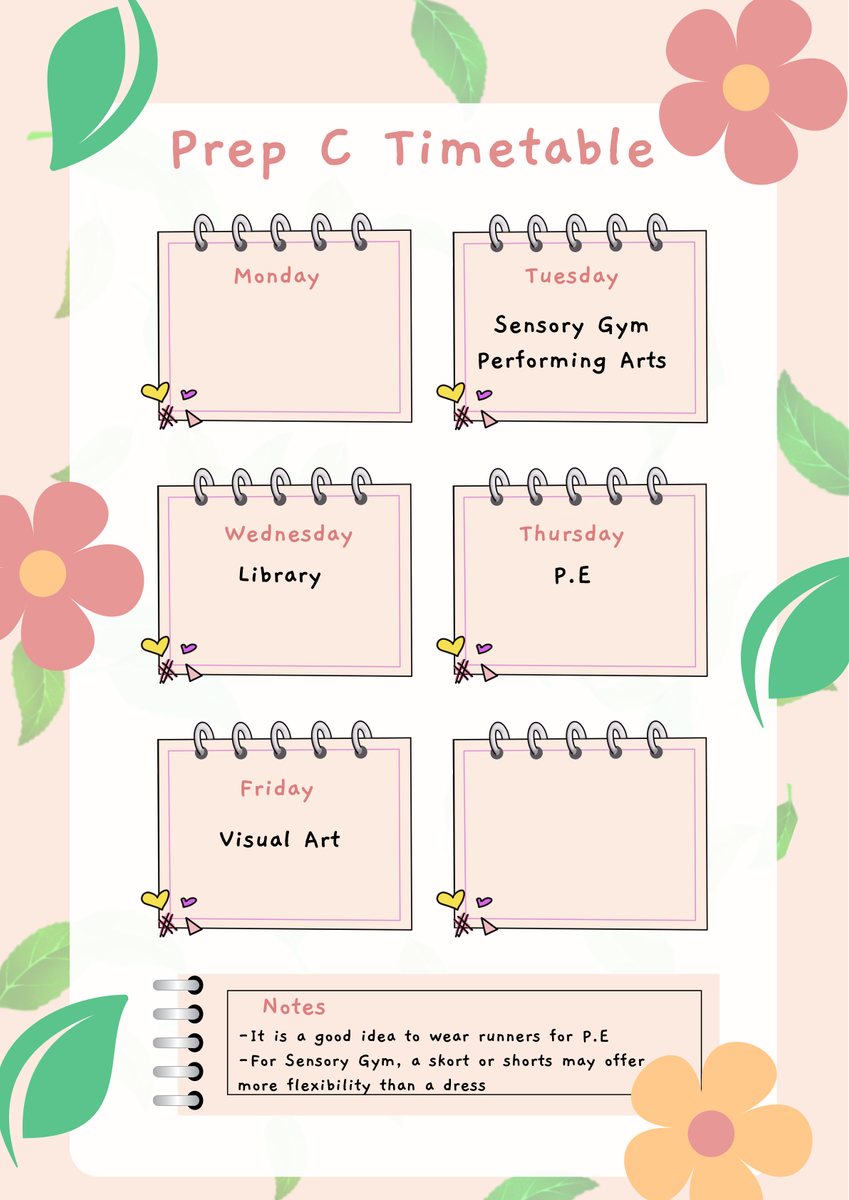



CURRICULUM
📚 Phonemic awareness: reading and phonics
We will start the term by reviewing the short vowel sounds O and U.
We’ll focus on:
• Revising the phonemes (the sounds the letters make)
• Practising the graphemes (how we write the letters with correct formation)
• Using the matching cued articulation actions to support sound recognition.
• Reading longer words (CVCC/CCVC words) like frog and dust.
We’ll also revise the Heart Words: he, be, me, ask, fast, look, book, are and was.
What can you do at home?
• Help your child read the take-home book, decodable passages, CVC words and Heart Words from their book pocket. Aim for fluency by the second day of reading.
As your child reads, encourage them to recognise familiar words instantly and only sound out unfamiliar ones.
• Enjoy bedtime stories together to build vocabulary, comprehension, and a love of reading.
• If you're interested in learning more about Cued Articulation, you can watch this helpful video by Jane Passey (the founder), where she explains and demonstrates each sound: Cued Articulation with Jane Passey
• Work through the optional UFLI home pages if you’d like some extra phonics practise at home.
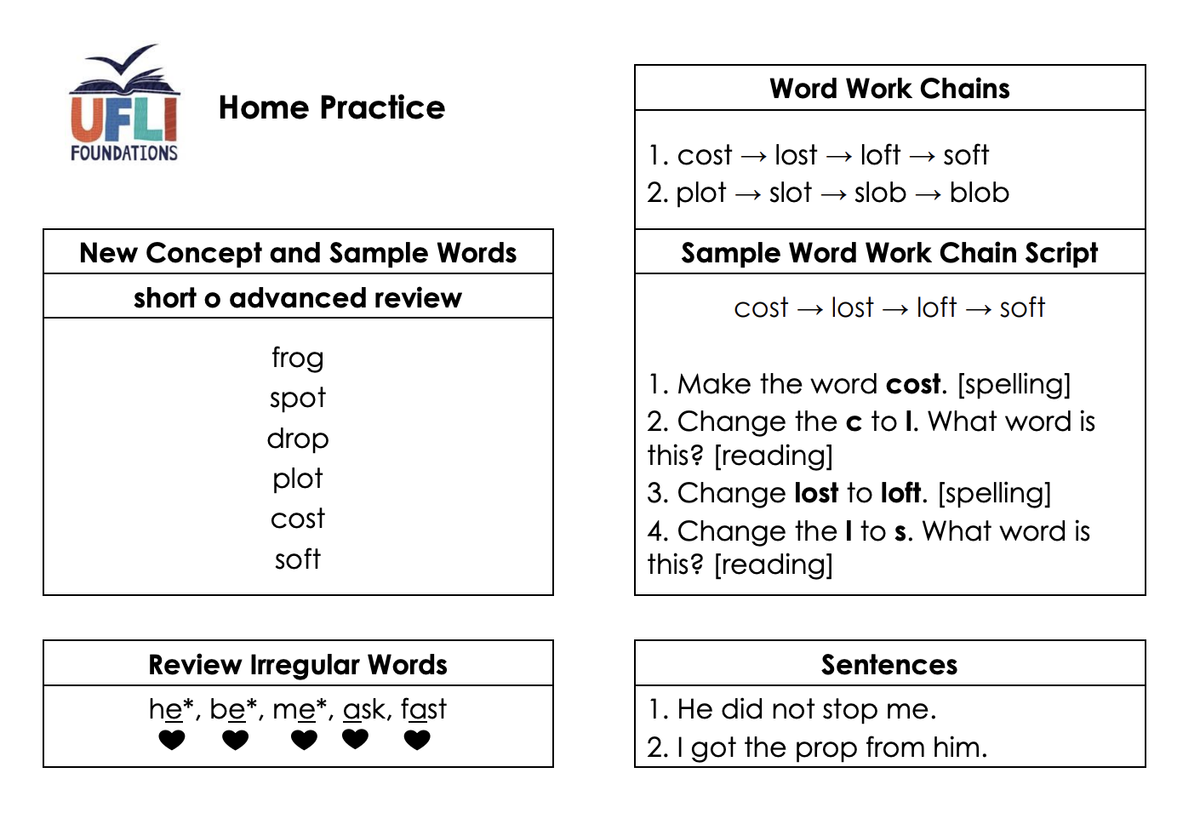
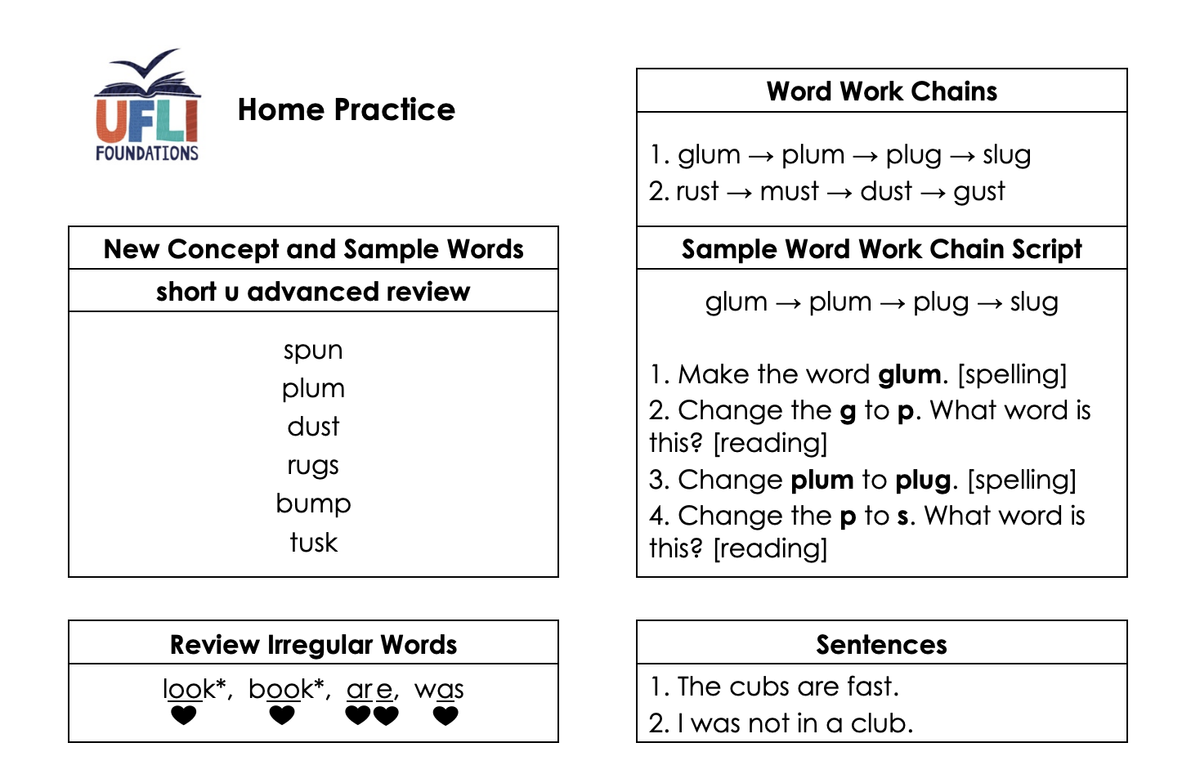


📝 Literature: reading responses and writing
We will be exploring the mentor text Gold by Jackie Kerin, which we have chosen to align with our learning in CBL. Through this text, students will discuss the differences between fiction and non-fiction texts, helping them to understand how texts can inform, entertain or do both. They will also begin to explore different perspectives, thinking about how Aboriginal people and European travellers may have experienced and viewed the gold rush differently. Students will engage in rich vocabulary discussions, identifying and unpacking important words from the text, and will practise writing fact statements about what they have learned.
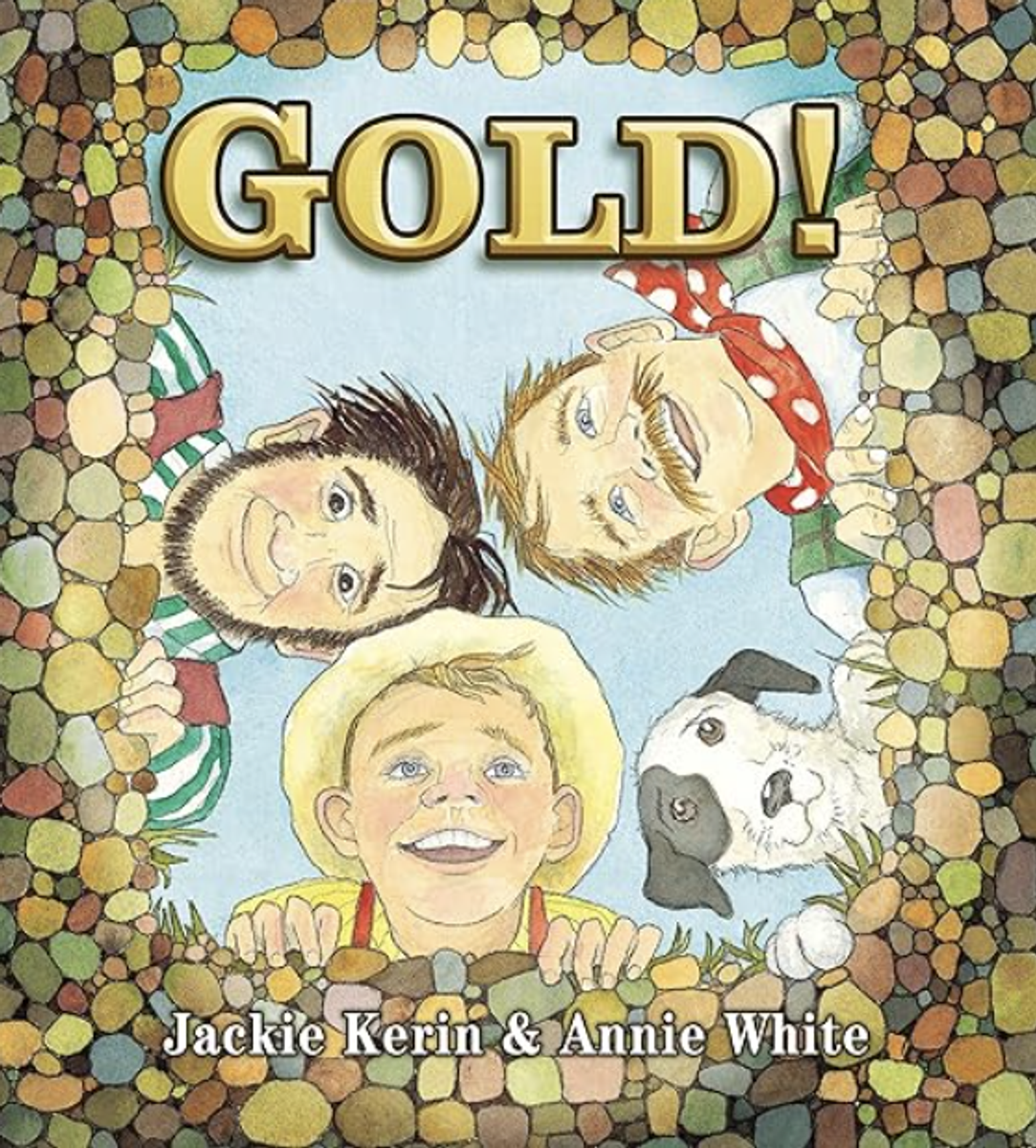

Students will continue to build their skills as independent writers. They will revise the correct formation of the letters o and u, with a focus on developing fluency and consistency in their handwriting. As part of our mentor text lessons using Gold, students will engage in writing tasks that connect with the themes and ideas in the text. They will also explore what makes a complete sentence, learning that every sentence needs a noun (who or what the sentence is about) and a verb (what is happening).
What can you do at home?
• Practise writing the letters O and U, focusing on correct starting points and smooth movements.
• Look for nouns and verbs in books or around the house. Ask your child to name a noun (like 'dog') and a matching verb (like 'runs'), then try putting them together in a simple sentence.
• After reading a book together, ask your child to tell you or write down one fact they learned or something they found interesting.
• Play simple sentence-building games - give your child a noun and ask them to think of a verb to go with it, or vice versa.
• Practise writing the Heart Words, taking care to notice the tricky 'heart' parts in the word.
🔢 Maths
Students will continue developing their understanding of subtraction within 10. They will represent 'take-away' number stories using hands-on materials and ten-frames, and practise creating their own pictorial subtraction stories to show their thinking. Students will also be introduced to strategies for finding the difference between numbers within 10, including counting to find the difference and using a number track to support their understanding.
What can you do at home?
• Use everyday objects (like snacks, toys, or blocks) to act out simple take-away stories - e.g. “You had 7 grapes and ate 3. How many are left?”
• Practise counting to find the difference between two numbers using objects, fingers, or counting aloud.
• Play games like dice subtraction - roll two dice, subtract the smaller number from the larger and say or write the number sentence.
• Talk about real-life subtraction situations (e.g. “We had 6 apples and now there are 2 - how many have been eaten?”)
🌏 CBL - Change
Students will explore the big idea of Change through our mentor text Gold by Jackie Kerin. They will learn about how Australia has changed over time, particularly during the gold rush period. Students will also contribute to a class timeline of Australian history, helping them to develop a sense of chronology and understand how past events have shaped the present.
💛 School Wide Positive Behaviour (SWPBS)
As we begin the new term, we will continue to review our SWPBS expectations: Be Kind, Be Safe, Be a Learner. These expectations are at the heart of our school culture and help create a positive and supportive environment for all students.